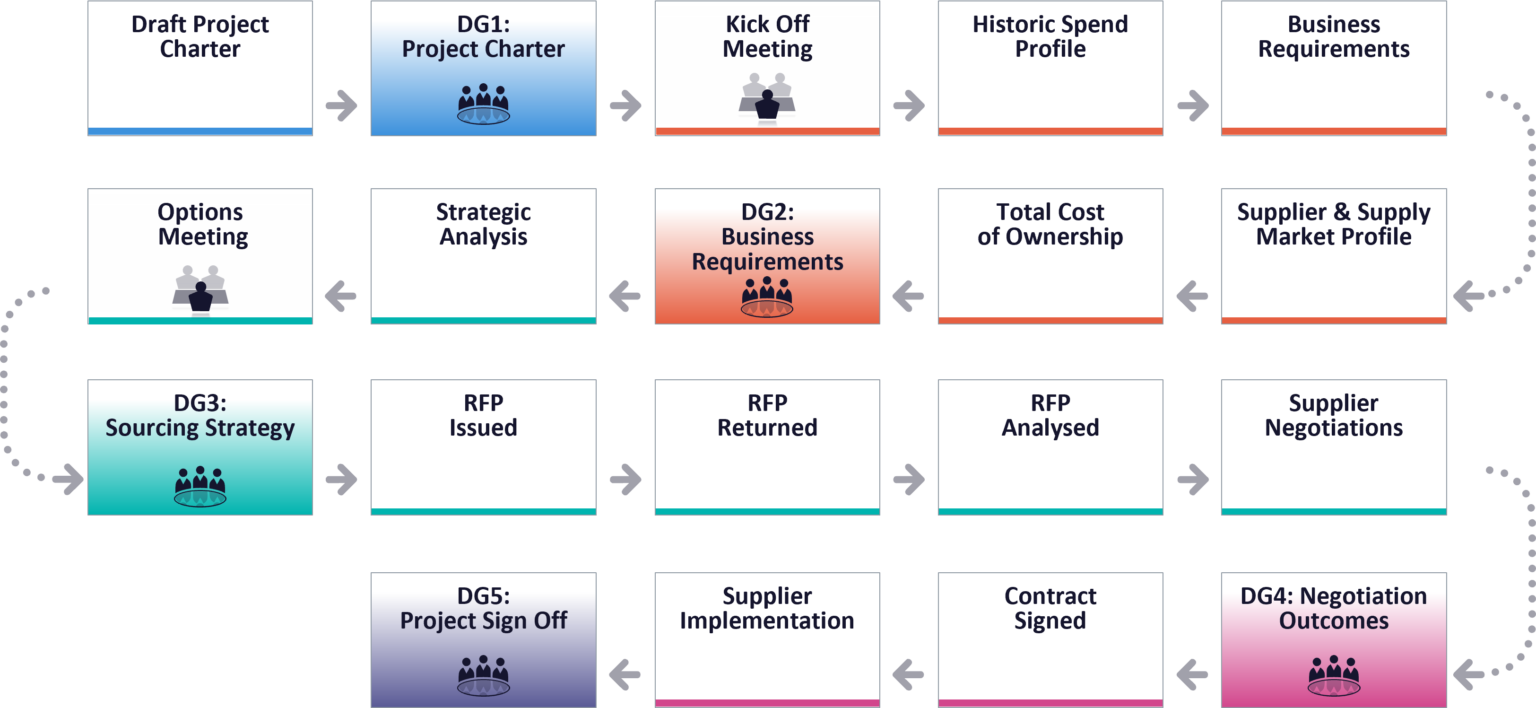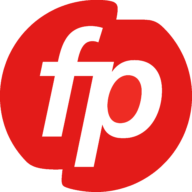
Case study
Category Management enabled procurement transformation for Pharmaceutical Sector
By Future Purchasing |
Business situation
Facing challenges such as a dwindling product pipeline and escalating costs, a leading global pharmaceutical company with a focus on neuroscience brain disorders recognised the need for a radical transformation in its procurement operations. The absence of a uniform sourcing process and the limited involvement and control of the procurement team across various spend areas had relegated them to mere “order raisers” or contract administrators, rather than strategic partners in the organisation.
In response, the company appointed a visionary new Chief Procurement Officer (CPO) tasked with a clear mission to elevate Procurement from a transactional function to a strategic pillar within the company. This ambitious transformation was to be fuelled by the initiation of a ‘quick-wins’ savings program, aiming not only to generate immediate financial benefits but also to lay the groundwork for long-term operational excellence..
Solution implemented
In collaboration with the newly appointed CPO, Future Purchasing embarked on crafting a comprehensive procurement strategy aimed at revolutionising the company’s approach to procurement. The strategy set ambitious objectives, including expanding the scope of spend to be covered by category strategies, achieving annual savings targets of over 10%, and significantly enhancing the skill set of the procurement team to meet these challenges head-on. To kickstart this transformation, a detailed 100-day plan was developed that redefined procurement’s role within the organisation as a strategic and value-driven function.
1. Quick wins savings programme
A quick-wins savings programme was set up to generate funds to invest in the procurement transformation journey. A joint Future Purchasing/customer team was set up to identify a pipeline of potential cost opportunities with a 12% cost down target to be completed in 8 weeks. The scope was limited to targeted supplier negotiations and there were four steps:
Step 1
Select suppliers:
Using spend data by supplier, the top 20 suppliers in each major category area were identified. An opportunity analysis was carried out using a quick win framework to analyse the supplier contracts and a prioritised list of suppliers was created.
Step 2
Train the team to prepare supplier negotiation plans:
Future Purchasing ran a negotiation planning workshop to prepare the team for focused supplier negotiations. Each category manager was coached to prepare a negotiation plan for each supplier negotiation which was then road tested by role playing to examine the quality of those negotiation strategies.
Step 3
Conduct the supplier negotiation:
Each supplier negotiation was set up over a three-week period to ensure they could be completed by the year end. Some negotiations were held over a number of sessions to review revised proposals. Savings were calculated on an annualised basis with contracts due to be committed by year end
Step 4
Manage programme delivery:
All supplier negotiations were documented in a centralised benefit tracking spreadsheet with progress reviewed weekly with all CMs presenting their negotiation status. This visibility of delivery drove a competitive spirit amongst the team to achieve their target savings. All savings were validated and signed off by Finance against specific criteria with all eligible savings to be deducted from budgets. Average of 12% savings was delivered from the supplier negotiations. 20% was achieved in lab consumables, software, airfares and hotel rates. The self-confidence and profile of the Procurement team was significantly enhanced and stakeholder feedback was very positive with increased level of demand for Procurement involvement in other projects.
2. New category management process & toolkit designed.
Programme design
Programme plan created with agreed deliverables around the new category management process. Procurement Leadership Team (PLT) diagnostic questionnaire issued to establish current views on how best to implement category management. Results shared with the PLT to facilitate successful implementation.
Process design
A client design team was set up with Future Purchasing to co-develop a new “fit-for-purpose” category management process focused on value levers, strategy creation and a sensible modulation of activity as a “one size fit all” approach would not work. Focus was on selecting which tools and templates to use for different size and complexity of project. Final approved process & toolkit were made available to the category teams.
3. Category management training and coaching.
Education & training
Future Purchasing designed a customised workshop training plan with a balance between soft and hard skills training. The category management training workshops were interactively run for approximately 40 people with an outstanding feedback rating of 97%.
Coaching support
Coaching support: Category management coaching was provided for individual sub-category projects where each session was 1.5 hours every 2 weeks. CM coaching clinics were also set up for small groups of 3-4 focusing on specific tools e.g. business requirements, negotiation, creativity & options generation. This created a learning environment for category managers to discuss and share their experiences and improve their understanding of how to make the process work better.
Category Management training and coaching process

Transformation Outcomes
The transformative category management program spearheaded by the new CPO and Future Purchasing culminated in delivering remarkable savings of 11% reduction over a 12-month period. This initiative not only introduced category management as a fundamental practice within the business but also profoundly embedded it into the organisational ethos. As a direct result, the procurement team underwent significant upskilling in category management, which in turn fostered enhanced relationships with stakeholders across the business. Procurement transformed itself from a functional necessity to a strategic partner, now perceived as a positive force for change and innovation within the company.
Significant category savings projects included:
41%
savings on telecoms category via a competitive tendering process.
20%
savings in lab consumables by 50% reduction in suppliers with a much-improved level of service provided to the end users.
19%
savings by consolidating lab service contracts through three main suppliers instead of 120 suppliers previously.
17%
cost savings by changing the Canteen provider together with improved service guarantees.
11%
cost saving in recruitment services with improved frame agreements with preferred suppliers.
Related Expertise
Supplier management
Our supplier management approach combines excellent tools and techniques across the full range of activity, from segmentation, through performance measurement and improvement and through to relationship strategy development.
Category management
Excellence in Category Management gives multipliers of value delivery compared to less effective programs. Our approach, delivers a high performing team and process which provides sustainable value over years rather than months.
negotiating for procurement
Our approach to procurement negotiation helps teams to improve performance, track their progress, measure success and secure rapid payback to programme costs. It is based on four principles…

Future Purchasing
If you want to get more value out of your procurement spend, or you just want to know more about us, request a callback above or send us an email and we will come straight back to you.
Further Reading

Case study
AstraZeneca
At AstraZeneca the foundations of category management are built on stakeholder engagement
07/11/2023
Read More

Webinar
A Meeting of Minds Webinar
18/07/2024
Watch

Case study
bp
Mark Smith interview – A lean category management model is at the heart of procurement at bp
08/02/2024
Read More

